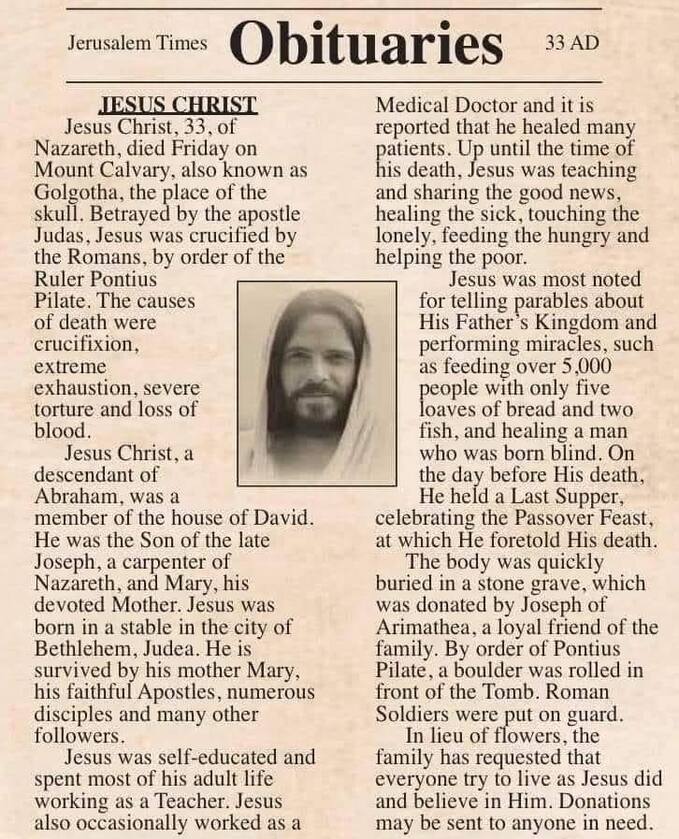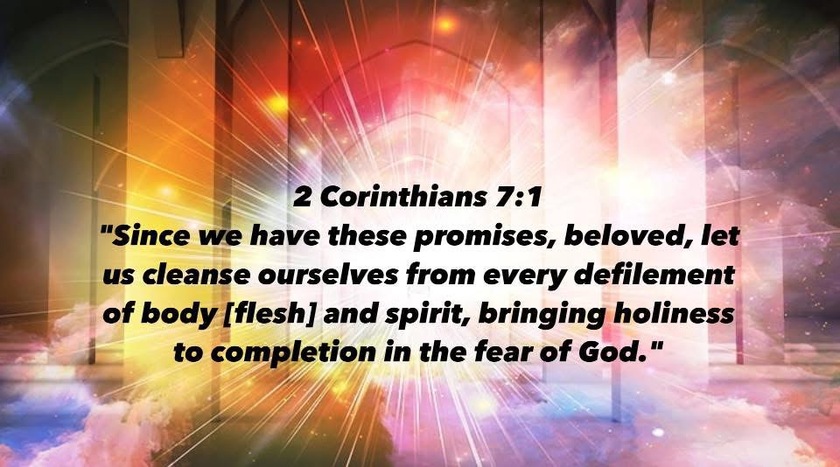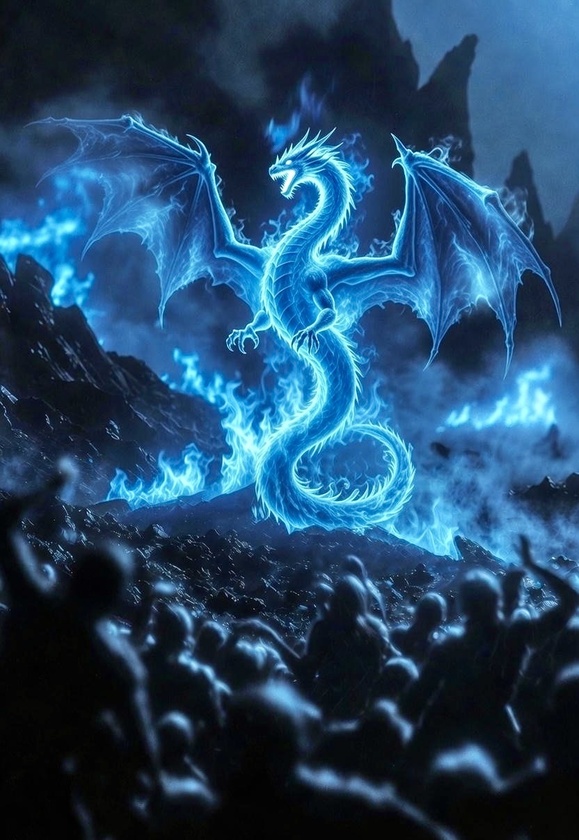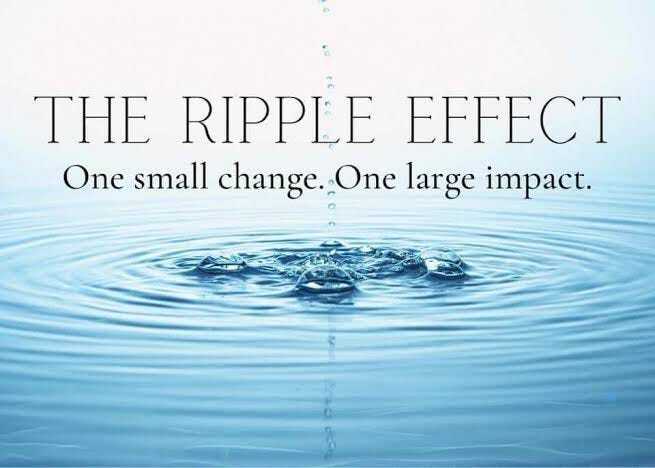Finding Hope in Chaos: Trusting God in Uncertain Times
Psalm 46:1-11
God is our refuge and strength, a very present help in trouble.
Therefore, we will not fear though the earth gives way, though the mountains be moved into the heart of the sea, though its waters roar and foam, though the mountains tremble at its swelling.
Selah
There is a river whose streams make glad the city of God, the holy habitation of the Most High.
God is in the midst of her; she shall not be moved; God will help her when morning dawns.
The nations rage, the kingdoms totter; he utters his voice, the earth melts.
The Lord of hosts is with us; the God of Jacob is our fortress.
Selah
Come, behold the works of the Lord, how he has brought desolations on the earth.
He makes wars cease to the end of the earth; he breaks the bow and shatters the spear; he burns the chariots with fire.
"Be still, and know that I am God. I will be exalted among the nations, I will be exalted in the earth!"
The Lord of hosts is with us; the God of Jacob is our fortress.
Selah
Ever feel like the world is falling apart?
Today is Saturday, the Saturday following "Good Friday". And it's a profound day of reflection, grief, and quiet anticipation in the Christian calendar. For many it's a day to take refuge as we process the events of Holy Week leading up to Jesus being crucified and his dead body laid in a borrowed tomb. Taking refuge just as Jesus' followers did that first day following his crucifixion.
What were they doing that day?
The Gospels provide limited details about the actions of Jesus’ followers on the day after His crucifixion, which was the Jewish Sabbath (from Friday sunset to Saturday sunset). This was a day of rest mandated by the Torah (Exodus 20:8-11), and their adherence to it reflects both their faithfulness and their need for refuge amid grief and chaos.
On Holy Saturday, the women who on Friday followed Joseph of Arimathea to the tomb, rested in obedience to the Sabbath. Their rest wasn’t passive; it was an act of trust in God’s timing, taking refuge in obedience even when hope seemed buried. But I bet it was a very troubled trust. A trust filled with doubts and shame as they leaned into the Sabbath rest while still processing the trauma of the cross.
On Friday, Joseph, a wealthy Sanhedrin member and secret disciple, boldly requested Jesus’ body from Pilate, wrapped it in linen, and placed it in his own unused rock-hewn tomb. Nicodemus, another secret disciple and Sanhedrin member, joined Joseph on Friday to prepare Jesus’ body for burial, bringing an extravagant amount of spices (75 pounds), signaling deep respect.
On Holy Saturday, the disciples were scattered in their fear and shame, grieving, and fearful, hiding from Jewish authorities who might target them as Jesus’ followers. Peter is still a broken man, filled with shame and hopelessness. But they are all shocked and filled with despair, believing Jesus’ mission had failed. The disciples’ hiding was a flawed form of refuge, driven by fear rather than trust.
Do you think they really observed the Sabbath rest in reverence and hope? Do you really think they believed God was their "refuge and strength" (Psalm 46:1) in that moment? Would you?
His followers hid, grieved, and waited. Sound like your life right now.
These followers of Jesus were lost. They were without their shepherd. They were refugees in a war that was still raging on hidden from them. Their Savior was still doing battle against the enemy in Sheol. Their Lord was still The Lord, but in their hearts and minds there was only fear and trembling.
I wonder if they ever imagined that one day later the instrument of Jesus' death would become a symbol of ALL their hope. On Holy Saturday, the followers couldn’t fathom this shift. The cross was a Roman tool of shame and execution, yet by Easter Sunday, it began to symbolize victory, forgiveness, and resurrection. This irony is rooted in scriptures...
1 Corinthians 1:18
"For the word of the cross is folly to those who are perishing, but to us who are being saved it is the power of God."
So, what can we learn from this time of reflection?
First of all, we should learn that our refuge is safe, strong, and secure in our God.
"The Lord of hosts is with us; the God of Jacob is our fortress."
Though we cannot see him he is our shelter. We go to him quietly and in silence we know him.
"God is our refuge and strength, a very present help in trouble"
God is an unshakeable shelter, even when chaos, like the crucifixion, obscures His presence. And He is present, accessible, easy to be found.
Charles Haddon Spurgeon, the 19th-century "Prince of Preachers", often emphasized God’s faithfulness in times of trial.
"God is too good to be unkind and He is too wise to be mistaken, and when we cannot trace His hand we must trust His heart. He is a friend in need and a friend indeed."
Spurgeon is emphasizing God as a friend whose heart we trust when His hand is still unseen. He’s a friend in need, safe and secure, as Spurgeon affirms (Psalm 46:7). We know Him quietly, as the women did, trusting His heart (Psalm 46:10). And God fights unseen for us against our enemies, a friend indeed.
1 Peter 3:18-19
"For Christ also suffered once for sins, the righteous for the unrighteous, that he might bring us to God, being put to death in the flesh but made alive in the spirit, in which he went and proclaimed to the spirits in prison," (in Sheol)
We should learn from this day of uncertainty and fear to retreat to our refuge, we should remember from where our strength comes, and we should...
"Be still, and know that [He, Jesus] I am God."
Be quiet long enough to know that the Lord is with you. Know Him and trust that He will be exalted. Trust His heart when you can’t see His hand. Trust His friendship.
#hopeinthetomb
What gives you hope in tough times?
1. Scripture
2. Prayer
3. Silence/Stillness
4. Other (comment below)




















